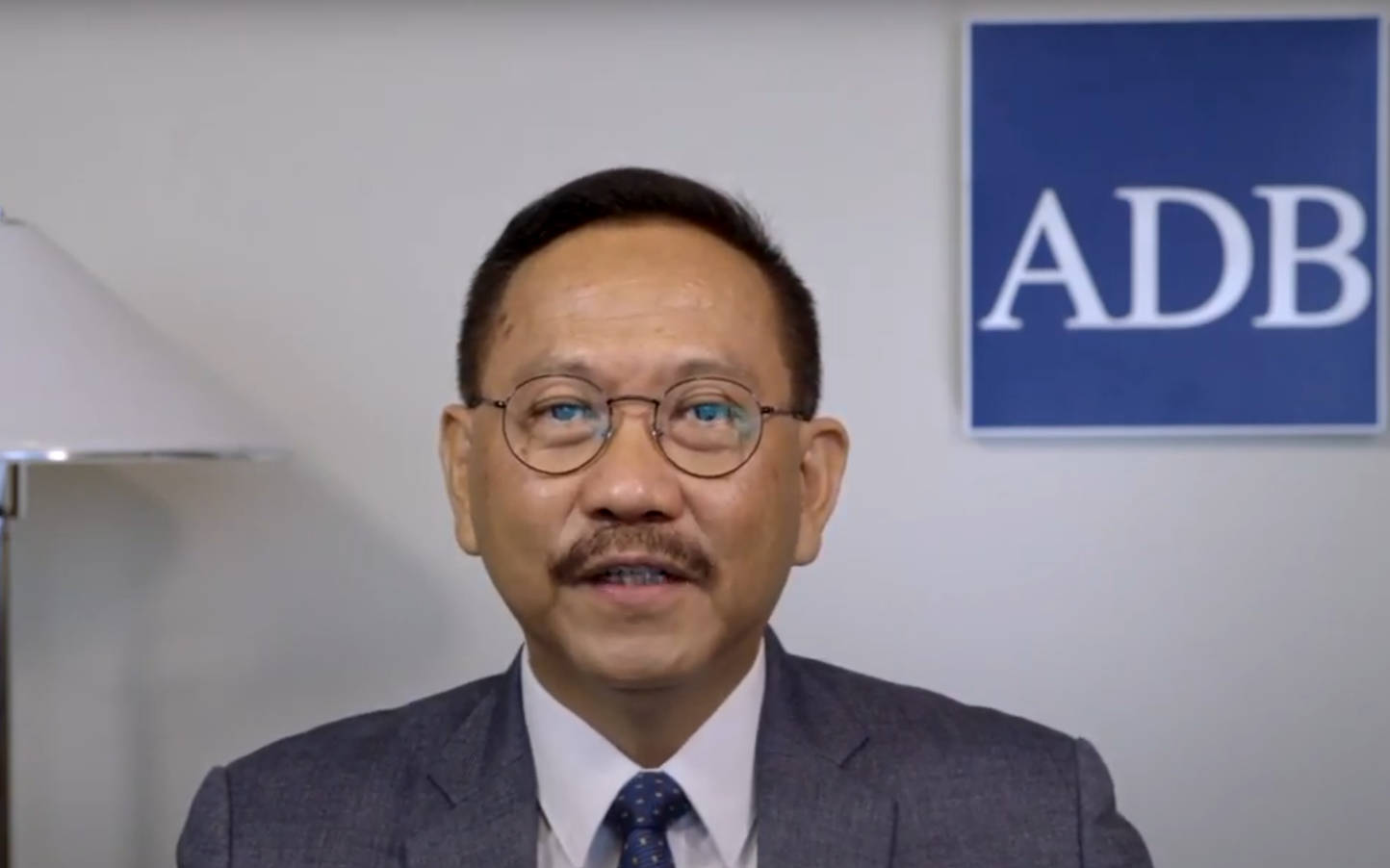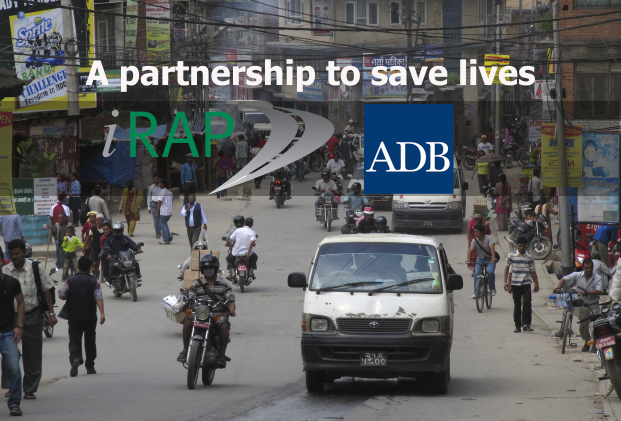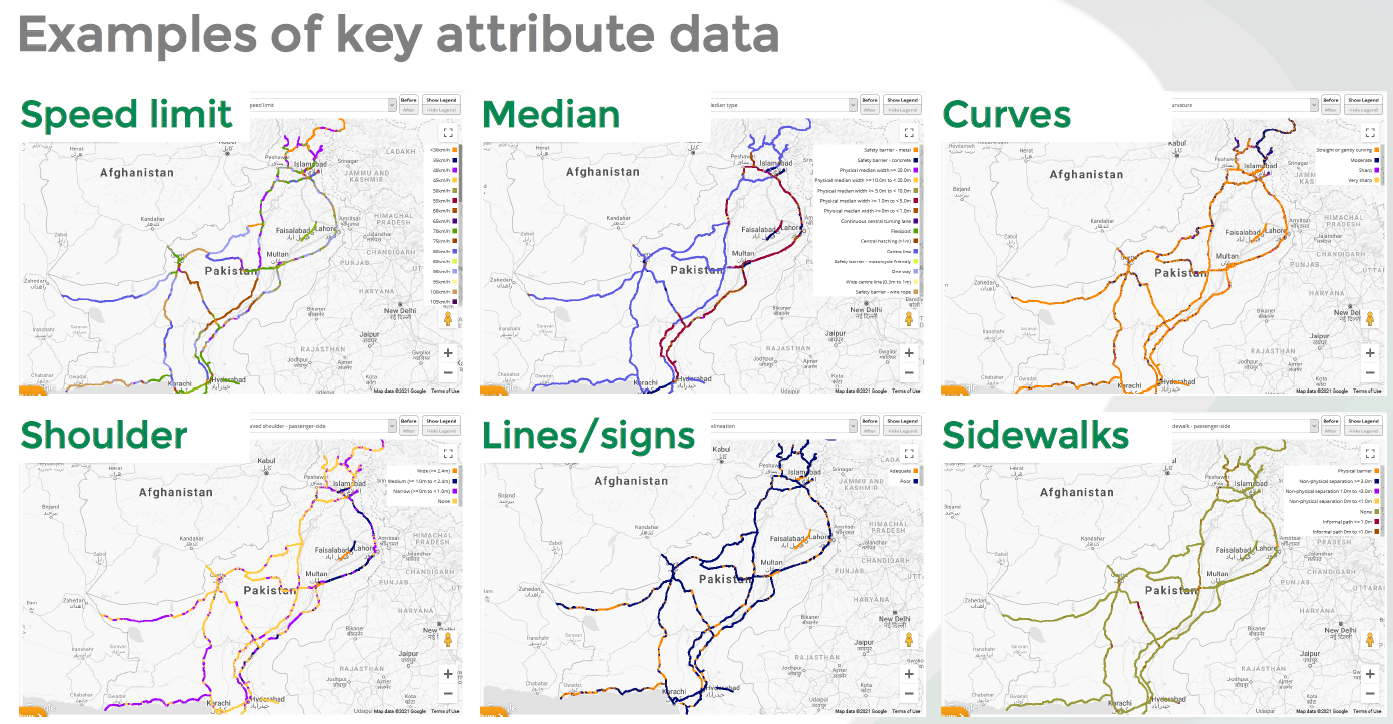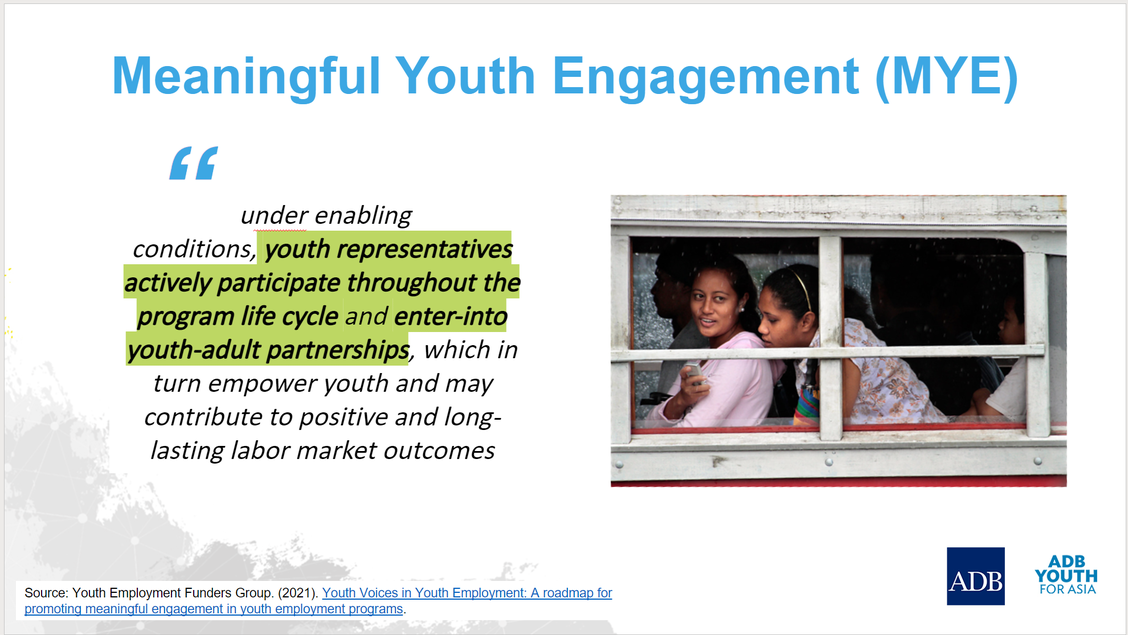News and Media
On day one of the Asia Pacific Road Safety Observatory’s inaugural annual meeting, 130 registered attendees from across 32 member countries and partner organisations gathered on Zoom to discuss the challenge of collecting and collating road safety data for more informed policy making.
On 21st & 22nd April this year ADB will be hosting the first annual meeting of the Asia Pacific Road Safety Observatory. The invite-only virtual event will discuss and seek agreement from 20 APRSO member countries on proposed minimum road safety performance indicators and agree steps towards establishing the APRSO road safety database
At a recent Knowledge Sharing Event entitled Improving Road Safety in Mongolia and Samoa, Youth Project Designer Swithun Rumble revealed a pioneering new MYE Road Safety Model to be piloted in Samoa.
The model challenges the perception of young people’s role in road crashes due to their risky behaviour and reliance on vulnerable modes of transport such as walking and cycling. Instead, it recommends leveraging young people’s inherent qualities, such as resilience, tech-savvy and peer influence, to make them a part of the solution.




